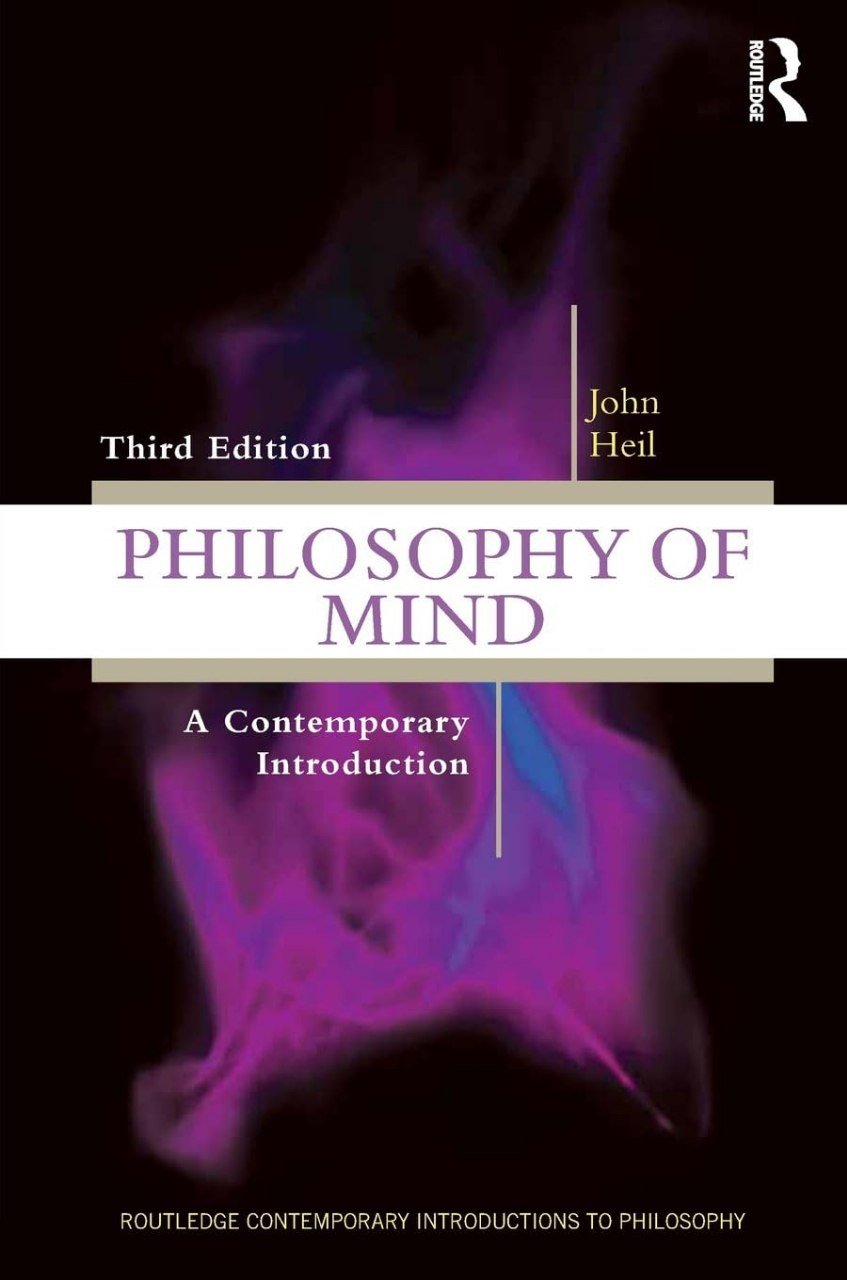
.jpg)
River of Tears: Country Music, Memory, and Modernity in Brazil by Alexander Dent
Reviews
No review yet. Be the first to review this book!
Description
River of Tears: Country Music, Memory, and Modernity in Brazil by Alexander Dent is a thought-provoking exploration of the cultural and social significance of country music in Brazil, specifically focusing on how it intersects with notions of memory, modernity, and national identity. The book examines the development and transformation of country music (known in Brazil as sertanejo) and its role in shaping contemporary Brazilian society, particularly in rural and urban settings. Dent’s primary focus is on how sertanejo music serves as a cultural vehicle through which memories of rural life, as well as feelings of nostalgia, are preserved and transmitted to contemporary Brazilian audiences. The book delves into the way sertanejo music reflects and interacts with the experience of modernity in Brazil, a country undergoing rapid urbanization, globalization, and industrialization, where rural traditions are often marginalized or forgotten. Country music in Brazil, much like its American counterpart, evokes themes of loss, longing, and the idealized rural past, providing a form of cultural memory that bridges generations and places. The book traces the history of sertanejo music, from its roots in rural Brazilian folk traditions to its eventual mainstream success and commercialization in urban centers. Dent highlights how the genre has evolved and adapted over time, exploring the dynamics between rural and urban audiences, and the complex ways in which country music has been marketed and consumed in Brazil. This examination includes the social and political contexts that have influenced the genre's popularity, as well as the ways in which sertanejo artists both reflect and shape ideas about Brazilian modernity, class, and identity. Dent also discusses the role of country music in fostering a sense of community and belonging, particularly in rural areas, where it serves as a cultural touchstone that connects individuals to their collective memories of the past. Through the lyrics and performances of sertanejo songs, listeners are reminded of a way of life that is slowly disappearing due to the pressures of modernization. However, despite its nostalgic themes, sertanejo also responds to contemporary concerns, often dealing with topics such as social change, the challenges of rural life, and the tensions between tradition and progress. One of the central arguments of Dent’s book is that sertanejo music is not just a reflection of Brazilian rural life, but also an active agent in shaping how Brazilians perceive their past and present. The genre plays a key role in negotiating Brazil’s modern identity, offering a space where rural traditions are valorized and remembered, while also addressing the complexities and contradictions of modern life. In doing so, it reflects broader trends in the cultural politics of memory and modernity, both in Brazil and globally. The book also explores how sertanejo music is intertwined with larger debates about memory and historical consciousness. Through the prism of country music, Dent looks at how cultural forms are used to negotiate collective memories of hardship, migration, and the transformation of society. He suggests that the genre allows Brazilians to cope with the challenges of modern life by offering a link to a past that seems both familiar and distant, a place where people can find solace and meaning in the face of rapid societal change. In conclusion, River of Tears provides an insightful and nuanced analysis of country music’s cultural, social, and political role in Brazil, offering readers a deeper understanding of how sertanejo music functions as both a form of memory and a commentary on the challenges of modernity. Dent’s interdisciplinary approach brings together ethnography, history, and cultural theory, making the book a valuable contribution to studies of music, memory, and modernity, particularly within the context of Brazilian society. It highlights the ways in which country music, while rooted in the past, is actively engaged in shaping the cultural and social landscape of contemporary Brazil.
























.jpg)
.jpg)












.jpg)


.jpeg)


.jpeg)
.jpeg)
.jpeg)
.jpg)






.png)

.jpg)

.jpeg)





.jpg)



.jpg)


.jpg)





















.jpg)













































